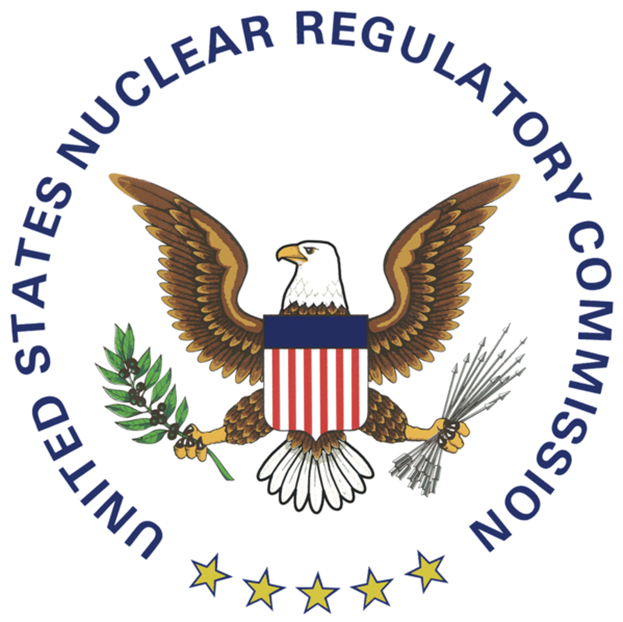Part 2 of 2 Parts (Please read Part 1 first)
Almost twenty years ago, Utah passed statutes to block an interim nuclear waste storage facility. They based their actions on safety concerns. The U.S. Court of Appeals for the Tenth Circuit struck down Utah’s laws because they were preempted. In a more recent case, Virginia’s battle to ban uranium mining went all the way to the U.S. Supreme Court. The high court upheld Virginia’s ban in 2019.
Legislative approaches have not always paid off. In September of 2021, Texas passed House Bill 7 to block a nuclear waste storage facility similar to the Holtec project. The proposed facility was to be located about a mile from the N.M. border. A few days later, the NRC approved a license for it, but the battle continues.
The NRC has not yet issued a decision about whether it will approve a license for the Holtec project in N.M. The NRC recently notified Holtec that its decision would be delayed until the end of May.
Safety issues remain a major concern. Among many possible dangers, critics mention that trains transporting radioactive waste could derail or crash. The recent train derailment disaster in Ohio renders this concern more relevant than ever.
An accident involving the Holtec project would not only threaten residents and the environment. It could also destroy the N.M. economy, according to a legislative fiscal impact report. The report said, “A significant accident or attack on a radioactive waste storage facility could significantly disrupt oil and gas activity in one of the most productive oil and gas producing regions in the world.”
In court documents, N.M. has argued that the NRC did not consider the expense of upgrading the state’s rail system to accommodate the transportation of large volumes of spent nuclear fuel to the Permian Basin where the Holtec project would be constructed.
The Permian Basin is also prone to earthquakes. Quakes have been linked to injection wells associated with fracking. James Kenney is the Environmental Department Secretary for N.M. He has expressed concerns that earthquakes could damage Holtec’s storage canisters. This would jeopardize the public and the groundwater.
Another major concern is that Holtec could go out of business. This would leave the canisters to languish and deteriorate. Such a prospect was mentioned by many opponents during the legislative committee meetings. N.M. has a history of failed radioactive cleanups, including hundreds of uranium mines on the Navajo Nation that have yet to be remediated.
Patric O’Brien is a Holtec Spokesman. He said that his company is very disappointed in N.M.’s new law. He said, in an emailed statement, that the proposed storage facility is “safe, secure and does not impact the environment negatively.” The Holtec facility would create many jobs and is desperately needed, according to proponents. The U.S. lack of a permanent geological repository for spent nuclear fuel has forced nuclear power plants to store their spent fuel on site. This results in a huge cost to taxpayers. The expense borne by the federal government has already reached nine billion dollars.
The Holtec facility has local backing, according to O’Brien. Supporters of the Holtec project include business leaders and public officials in Eddy and Lea counties. The Eddy-Lee Energy Alliance has been promoting the project for years. O’Brien wrote that the facility “is a tremendous economic opportunity for Southeastern New Mexico.” He said that Holtec will continue working “to help provide an interim solution to the spent fuel management impasse in the United States.”
Radioactive Waste 904 – New Mexico Fights To Stop Holtec International From Constructing Spent Nuclear Fuel Storage – Part 2 of 2 Parts

